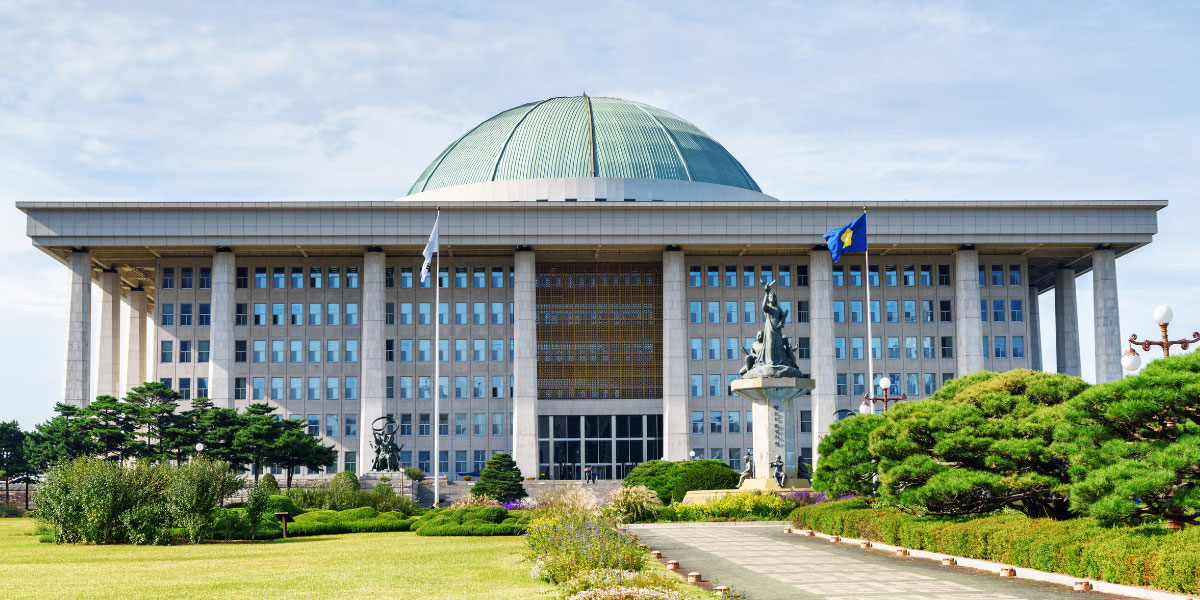South Korea’s Deputy Prime Minister and Minister of Strategy and Finance presided over a Ministerial Meeting on the Economy on March 5 that discussed tax measures to stimulate mergers and acquisitions (M&A) in South Korea and to fine-tune incentives in its housing rental market. Within South Korea’s three-year economic innovation plan the government is looking to encourage the activities of private equity funds and other venture capital investors in the country’s M&A market, throughout its cycle of original investment, management, asset sale, and possible reinvestment.
It is expected that a merger or buyout of high tech start-ups or small- and medium-sized enterprises whose research and development investment is over 5 percent of their annual revenues, and that are purchased at a value 150 percent or higher than their tax-assessed value, will receive a 10 percent corporate tax deduction and an elimination of the inheritance tax burden on the shareholders of the sold businesses.
Tax support for M&A transactions carried out through stock exchanges will be increased. The system of taxation applicable to investments in the main KOSDAQ stock exchange should also be applicable to investments in smaller companies listed on the new Korea New Exchange (KONEX). Venture capital invested in new shares of companies that have been listed for two years or less on KONEX could be given preferential tax treatment, alongside those for new share investments in unlisted start-ups.
The ministerial meeting also reviewed the Government’s plans for rental income tax reform, aimed at reinvigorating that market. According to an announcement in February 2014 employees with annual incomes of up to KRW70m (USD65,750) would receive tax deductions for their monthly rental payments. As small-scale landlords were thereby facing an increased tax burden in that the tax authorities would be informed of their rental income, follow-up measure was announced so that landlords earning less than KRW20m in annual rental income, and owning no more than two homes, would be granted a tax exemption for the first two years of income.
The Prime Minister has also confirmed that, beginning from 2016, their rental income would be taxed separately. According to the Prime Minister low-income landlords would not see their tax burden increase, even after the tax-exempt period ends.














